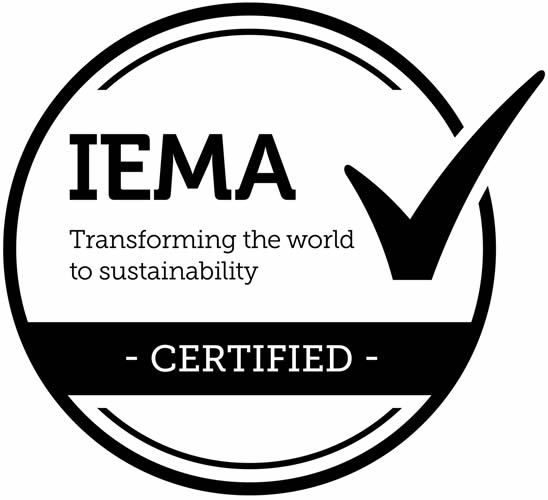Co-production and Community Involvement in Flood Risk Management
Over recent decades, flood risk management has often involved communities adopting decentralised and people-centred approaches. This includes the emergence of property flood resilience, sustainable urban drainage systems and nature-based solutions. As all of these approaches tend to be small-scale and implemented at the household or neighbourhood level, they require increased levels of community involvement to support implementation and stewardship compared to traditional ‘hard engineering’ flood defence strategies such as flood dykes and walls.
A new paper authored by academics in the School of Engineering and Innovation argues that effectively involving communities in these more novel flood risk management interventions is paramount, otherwise the existing inequalities in communities may become reinforced. Such ‘co-production’ is important, as it can help to identify at an early stage which outcomes communities will see as being most beneficial, and can also help to refine more technical proposals so that they provide equitable benefit across a community.
Therefore, building on community engagement and co-production theory, the paper suggests that the two important principles that should be present in community involvement are (i) fair, equitable distribution of power, and (ii) community empowerment.
The authors argue that five key aspects of community involvement would empower communities that are involved in flood risk management:
1. Mutual learning
2. Early and long-term involvement
3. Inclusivity
4. Clear objectives
5. Capacity building
The paper can be accessed via the OU’s Open Research Online repository:
Co-production and the key aspects of community involvement in flood risk management (FRM)
This work is part of Claude Nsobya’s PhD research. Claude’s PhD is funded by Project Groundwater Buckinghamshire, a project in the Flood and Coastal Resilience Innovation Programme (FCRIP) funded by DEFRA and managed by the Environment Agency.





